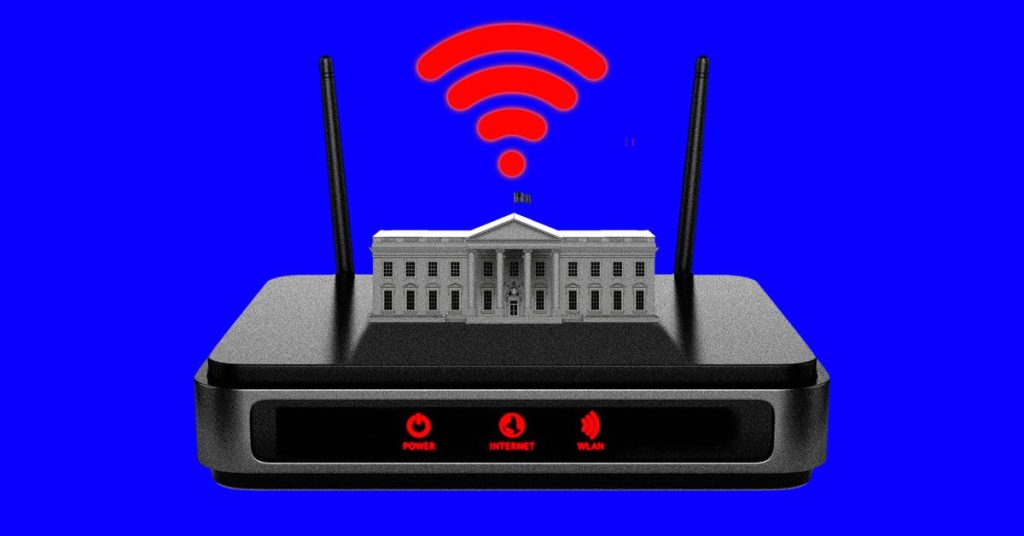FCC Set to Reinstate Net Neutrality Rules in Upcoming Vote
The Federal Communications Commission (FCC) is poised to vote on Thursday to reinstate net neutrality regulations, marking the latest development in a long-standing political tug-of-war. The commission is anticipated to reclassify internet service providers (ISPs), such as telecommunications giants AT&T and Comcast, as common carriers under Title II of the Communications Act, subjecting them to increased FCC oversight.
Expected Outcome and Implications
With FCC Chair Jessica Rosenworcel, a Democrat, at the helm of the agency’s agenda, the vote is widely expected to favor the restoration of net neutrality. Advocates argue that this oversight is crucial for ensuring fair access to an open internet by upholding principles such as no blocking or throttling of internet traffic. On the other hand, opponents, including industry stakeholders, worry that it could stifle innovation and subject ISPs to burdensome price regulations.
The vote is widely expected to go in favor of reinstating net neutrality
The Journey to Net Neutrality Restoration
The path to this moment has been marked by political shifts and evolving perspectives. President Joe Biden has made his intention to restore net neutrality clear, and the FCC’s Democratic majority has paved the way for this vote. The proposed rules closely resemble those from 2015, which were largely upheld by courts, providing a solid legal foundation for the FCC’s approach.
Changing Rhetoric and New Justifications
As the debate surrounding net neutrality has evolved, so too has the rhetoric employed by both sides. Opponents argue that the lack of significant consequences following the repeal demonstrates that the rules were unnecessary, while advocates maintain that state laws have helped mitigate potential negative impacts in the absence of federal regulations.
Net neutrality opponents say the lack of fallout after the repeal shows the rules were never needed
The FCC has also introduced new justifications for the rules, citing the need for insight into internet outages and authority over national security issues related to broadband equipment. Industry opponents view this as a fresh tactic to reinstate old rules, with USTelecom president and CEO Jonathan Spalter suggesting that the FCC is grasping for new reasons to impose “ancient laws monitoring the internet.”
Addressing Concerns and Looking Ahead
To address concerns about potential price regulation, the FCC has stated that it will forebear its rate regulation authority as part of the proposal. While a future FCC could theoretically undo this, the process would require a lengthy regulatory undertaking, providing a “speed bump” and signaling the intended scope of the net neutrality rules.
As the vote approaches, both sides continue to make their case. Opponents argue that the focus should be on advancing connectivity and that Title II classification undermines this shared objective. Advocates, however, maintain that state laws have helped keep the worst behaviors in check and that net neutrality is just the beginning of the fight for internet policies that protect consumers.
People are realizing now that just having free and open broadband networks isn’t really the end of the game. There’s lots of other gatekeepers on the internet.
While the possibility of future administrations reversing course remains, net neutrality proponents hope for stability and the opportunity to move on to other pressing internet policy issues once these rules are firmly in place.

1 Comment
Net Neutrality’s comeback? Time to say bye to your free internet buffet, folks!